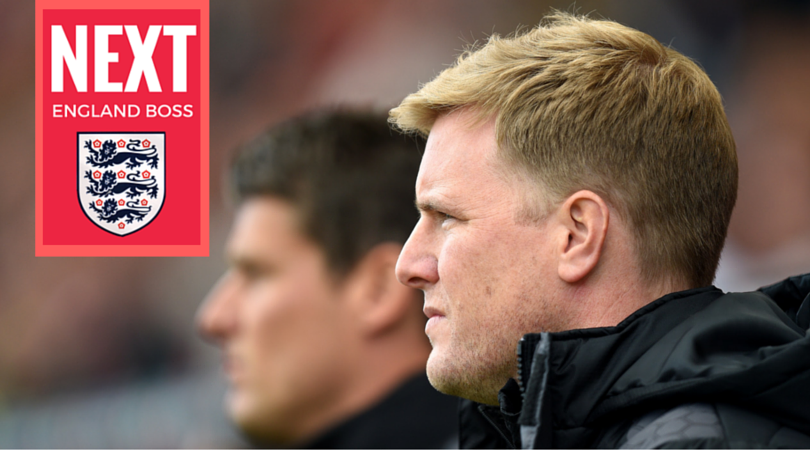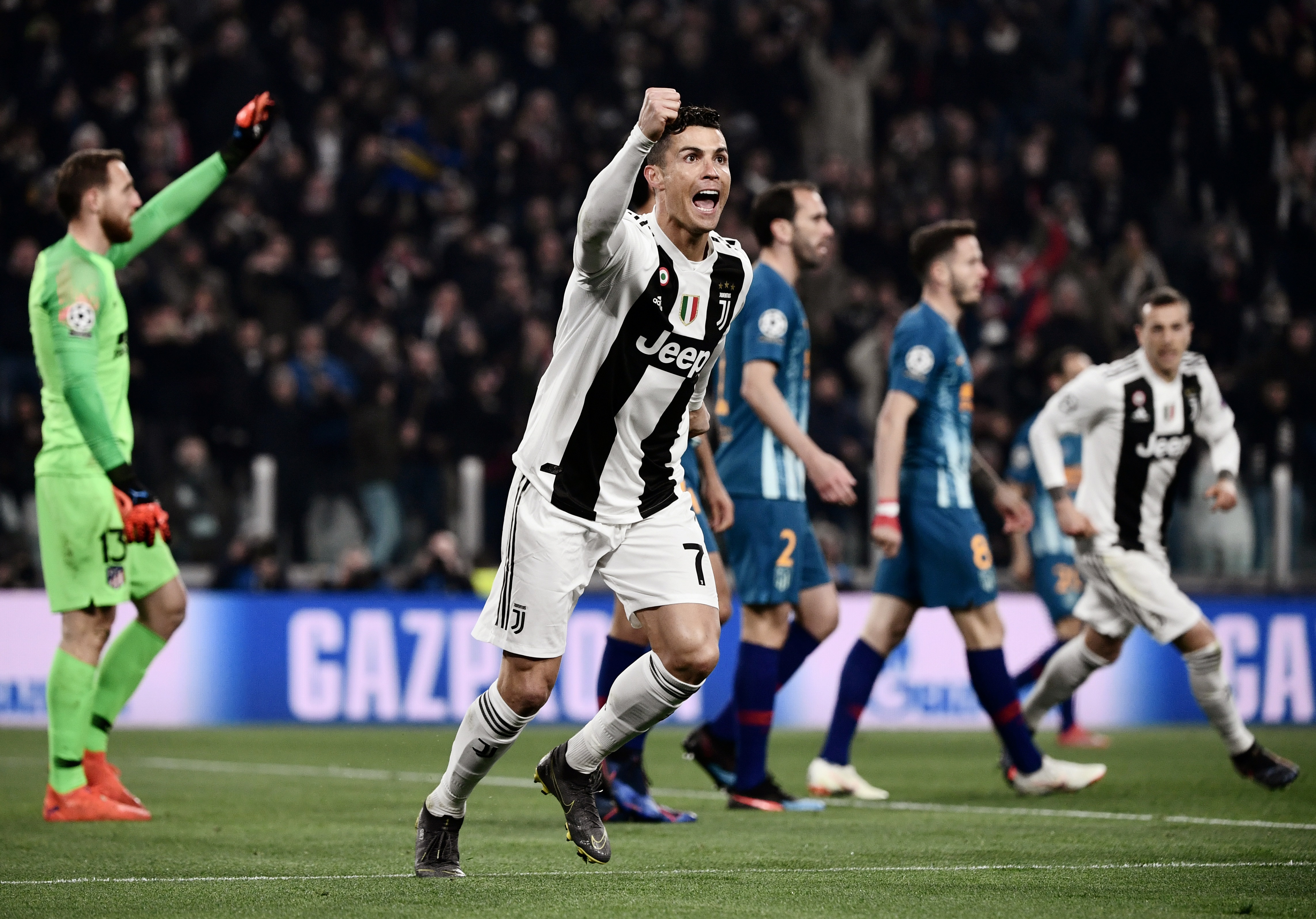So what comes next for Gary Neville?
Where does the former Manchester United captain go from here and does he even have a future in the dugout? Alex Hess discusses
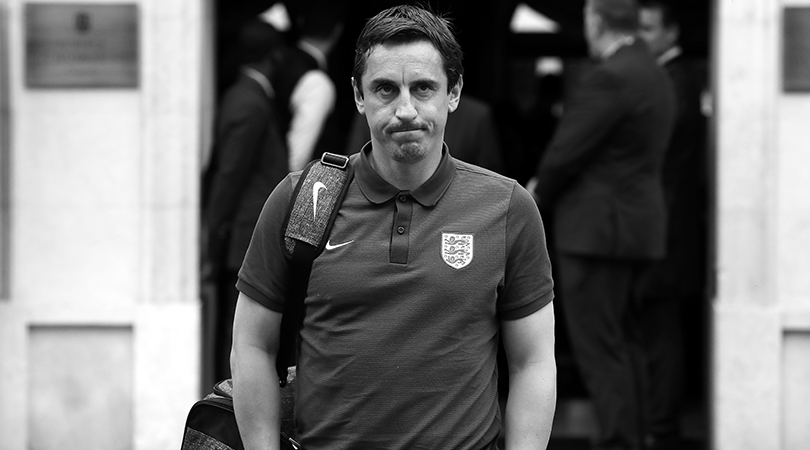
Popularity can be odd. Every so often, someone in public life acquires a status that seems wildly at odds with all hard evidence of their talents. James Corden’s panel-show ubiquity, for example, can be hard to fathom given the medium’s inherent demand for qualities like wit and charm. Robbie Savage’s emergence as a leading football analyst is similarly baffling. At one point in the late 1990s, Adam Sandler was one of the biggest movie stars on the planet.
It would be harsh at this stage to add Gary Neville to this inglorious list, but the past few months of his career have, on the face of it at least, jarred a little with his status at the modern-day darling of English football.
While Neville’s emergence as a TV pundit extraordinaire saw him fast-tracked, quite rightly, to a position of popular prestige, his introduction to the world of football management has been rather more cut-throat, Neville having already played a central – if not necessarily guiding – role in two ignominious fiascos in the space of a mere half-season.

It’s widely agreed there are problems at Valencia that run far deeper than the methods of the club’s coach, but nonetheless Neville’s sole stint in management thus far was notable mainly for its wretched brevity.
Certainly, 16 league games, three wins and zero clean sheets is not a record that speaks to any sort of a Midas touch on the training ground. Factor in a couple more cup exits – including a high-profile 7-0 shellacking – and a growing level of vocal discontent from the fans, and it’s hard not to conclude that Neville’s four months in Spain did his CV few favours.
It’s widely agreed that there are problems at Valencia that run far deeper than the methods of the club’s coach, but nonetheless Neville’s sole stint in management thus far was notable mainly for its wretched brevity
English failure
Six weeks after his “mutually agreed departure” from Valencia, along came the Euros – and England’s most comprehensive major-tournament humiliation of the modern age, with Neville again a prominent member of the backstage crew. Reports of fractiousness within the coaching staff during the tournament have been refuted by Neville (although a refusal to endorse Roy Hodgson’s masterplan wouldn’t exactly cast aspersions on his coaching instincts) but either way, any level of responsibility for the Three Lions' latest debacle should probably be read as another reputational setback.
Get FourFourTwo Newsletter
The best features, fun and footballing quizzes, straight to your inbox every week.
Which isn’t to say that his heady reputation is in any way undeserved. In fact, unlike Corden & Co., it has been incredibly hard-earned. Neville, who was by no means a bastion of popularity as a player, spent three-and-a-half years winning hearts and minds of the public with resplendent work as Sky Sports’ chief pundit, as well as a lead role in a series of endearing – if rather knowingly crafted – documentaries based around the so-called “Class of 92”.
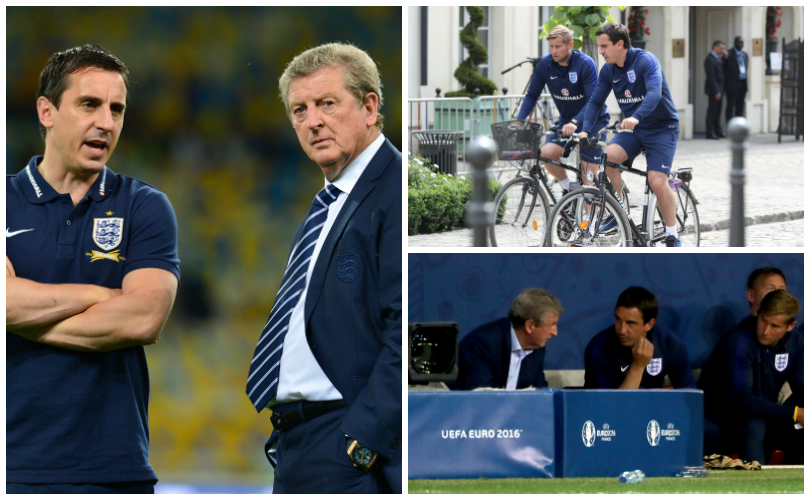
His straight-talking eloquence in the TV studio made for magnetic viewing and his forensic work on Sky’s Monday Night Football programme raised the bar for broadcast punditry far higher than it had ever stood before, even on a platform which had consistently led the way in in-depth analysis since the days of Andy Gray’s work in the early 1990s.
Transferable skills
The ability to identify the moments and manoeuvres on which a football match pivots is fundamental to both
Neville managed to immediately master the exhaustive micro-analysis and techno-wizardry that had always been a feature of Sky’s best work, but dispense with the self-satisfied boys-club boorishness that had long been the chief allegation against TV pundits – and all the while ramping up the quality of the punditry itself. His peers have been forced to up their game accordingly.
While the move from studio to dugout represented a clear change of career, there should be transferable skills here. The ability to identify the moments and manoeuvres on which a football match pivots is fundamental to both. Being able to put complex ideas into layman’s terms and communicate them to a gawping audience in a brief, pre-allocated time slot should also, in theory, translate well into the world of management.
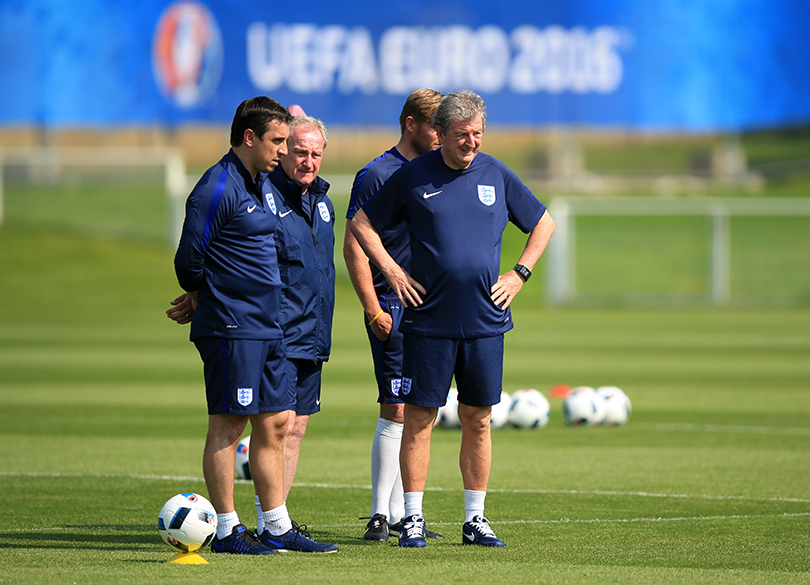
But to do that in hindsight is different to doing it in the here and now. Reflecting on the way a match might have taken shape, however sharply or articulately you do it, isn’t the same as proactively shaping it from the touchline – as has been proven with brutal efficiency in the months since Neville renounced the analyst’s chair.
Qualified coach
'To criticise someone with my history, you need to be brave, as there is a risk someone like myself will say, ‘Shut up. You've won nothing in your life.’
At the heart of the intriguing dual-career that has followed Neville’s playing days has been his own apparent belief that his work as a pundit was somehow cheapened by a lack of coaching credentials – that he hadn’t quite earned the right to pick apart the managerial missteps of others from behind the bullet-proof glass of the TV studio.
“Sitting on the television over the last few years, it is time now to stand up,” he said when he was introduced at the Mestalla. “If I turned down this job I could have kissed goodbye to my credibility in football.”
It’s a common line of thought. As Jose Mourinho said last year: “Some of the pundits are really brave. To criticise someone with my history, you need to be brave, as there is a risk someone like myself will say, ‘Shut up. You've won nothing in your life.’”

These occasional manager-pundit spats, which nowadays occur with growing frequency, are nearly always characterised by this tone of disdain being transmitted from the dugout to the TV studio, an undisguised contempt for the latter’s willingness to say and not do. (And the very fact that these tiffs are becoming more common is reflective of the TV pundit’s newly prominent role in the Great Football Pantomime – a status which Neville’s blockbuster stint in the job helped bring about.)
Dugout struggles
Yet this ‘What have you ever done in management?’ argument involves a fundamental misreading – and a profound underestimation – of the pundit’s task, which is to engage and inform an audience; to peer into the bubble of elite football from a slightly removed position; and, often, to criticise the work of others with gay abandon. Any pedigree earned within that bubble, as a player or coach, can certainly aid this work. But it isn’t a prerequisite to excelling at it.
It’s not what he’d have wanted, but in a weird way Neville’s struggles as a coach have added credibility to his work as a pundit: the very fact that he’s been unable to move seamlessly from one to the other has reinforced the idea of punditry as its own job – and a serious one, with its own skill set, practices and purposes – rather than simply football management-lite, coaching for cowards.
Unfortunately, though, none of this does much to redeem a coaching CV which is looking distinctly ragged around the edges and which Neville still seems intent on adding to in order to prove – perhaps to himself more than anyone else – that all his superlative media work hasn’t been somehow fraudulent.
Where he goes now is anyone’s guess but his well-deserved status as the sharpest and most compelling personality to emerge from English football in a generation should see him given at least one more crack at the managerial whip – and with decent justification, too.
Should Neville ever fancy returning to the punditry game for good, though, he should do so safe in the knowledge that his authority in that role remains unaffected by whatever disappointments – or soaring successes – he may have encountered in management.
